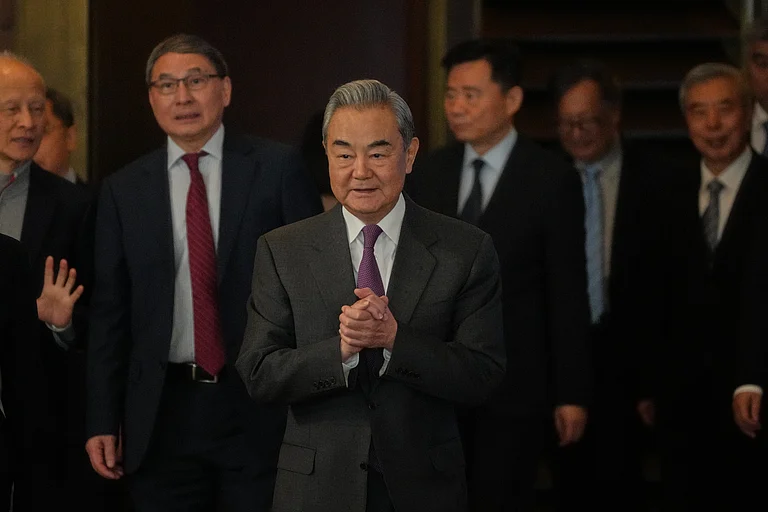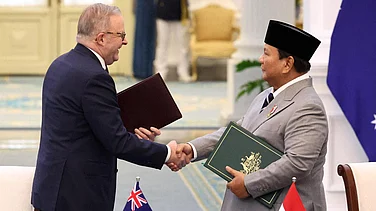China is set to train 3,000 foreign law enforcement officers over the next year, marking a major step in its ambition to enhance global security. This announcement was made by China’s Public Security Minister, Wang Xiaohong, at the 2024 Global Public Security Cooperation Forum in Lianyungang, Jiangsu province.
The training initiative is part of China’s Global Security Initiative (GSI), introduced by President Xi Jinping in 2022. The GSI aims to reshape global security governance through cooperation with other countries.
Last year, China trained 2,700 officers from various nations. The new program will involve law enforcement agencies from 122 countries and international organisations, including Malaysia, Myanmar, Pakistan, and Interpol.
Wang stated that China will also deploy police consultants and units abroad to enhance local law enforcement capabilities, conduct joint patrols, and address cross-border crimes. "We will send police consultants to countries in need to conduct training and quickly improve their law enforcement capabilities," Wang said.
Why Is China Making This Move?
The Lianyungang conference is seen as a platform to promote the GSI and offer an alternative to Western-led security models, particularly those dominated by the US. Benjamin Ho, an expert at the S Rajaratnam School of International Studies, noted, “It’s almost like saying, ‘If you don’t like the Western way of doing things, we’ve got the Chinese alternative.’”
The GSI includes not only training programs but also high-level security agreements. China’s involvement in Iran-Saudi Arabia peace talks and its peace proposal for Ukraine are linked to this initiative. Wang emphasised China’s stance against hegemonism and politicised security cooperation.
What Are the Concerns?
China’s foreign police training has faced criticism, particularly from human rights groups. Some fear that the training may involve authoritarian tactics and focus more on protecting Chinese commercial interests than on broader security. Despite this, China remains committed to its role in global security, as seen in its recent pledge to train 1,000 police officers from Africa.
At the Lianyungang forum, China displayed advanced security technology, including face-recognition software, bulletproof vests, and surveillance tools. These demonstrations aim to highlight China’s sophisticated security methods and attract international buyers.
Ho explained that China’s goal is to show how its technology can offer “safe and secure” solutions to countries struggling with domestic security issues.
What’s Next for China’s Global Security Ambitions?
China’s security initiative could shift global security dynamics. The GSI has already led to several bilateral agreements, particularly with developing nations in Africa and the Indo-Pacific region. China’s 2022 security agreement with the Solomon Islands raised concerns about increased Chinese influence in the Pacific.
China’s plan to provide 5,000 training opportunities over the next five years underscores its commitment to addressing global security challenges and promoting a “more fair, reasonable, and efficient” global order.


























